Cannabidiol (CBD) has been praised many times for its beneficial therapeutic properties. But does its effectiveness extend to dermatological conditions? Specifically, how does CBD help with acne? As acne remains one of the most common skin issues affecting millions worldwide, the quest for effective treatments is ever-present, and the exploration of cannabis in this domain is gaining momentum.
Due to its low likelihood of side effects, CBD may prove to be a relatively safe treatment, rightfully deserving the attention of scientists and dermatologists alike. As the stigma surrounding cannabis continues to fade, more researchers are investigating how its compounds, particularly CBD, can be harnessed for therapeutic benefits beyond recreational use.
Professor Attila Olah’s 2014 paper, published in the Journal of Clinical Investigation, provides compelling evidence that CBD has the potential to treat acne. The study found that cannabidiol exhibits lipostatic, anticancer, and anti-inflammatory properties. This is particularly relevant for those suffering from acne, as inflammation plays a critical role in its development.
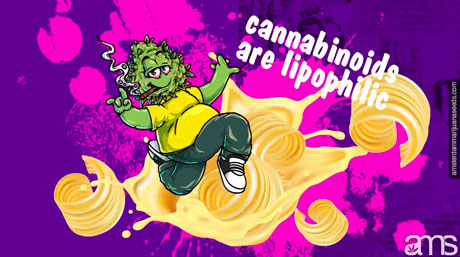
Furthermore, the same study showed that Cannabidiol can stop the proliferation of sebocytes, the grease-producing cells of the sebaceous glands. While Cannabidiol does not cause existing sebocytes to die off, it significantly reduces their reproduction. By curbing the overproduction of sebum, one of the leading causes of acne, CBD offers a promising alternative to conventional treatments that often come with a host of side effects.
Moreover, Cannabidiol’s universal anti-inflammatory effect helps reduce the inflammation associated with acne, providing relief to those who experience painful cystic acne or inflamed lesions. This dual action of reducing sebum production and inflammation makes CBD a compelling candidate for acne treatment, and for its potential for many others medical applications as well.
A 2016 report published in Experimental Dermatology complemented this research by analyzing the effects of other phytocannabinoids on acne. Researchers found that phytocannabinoids such as CBD, CBC, CBDV, and THCV may prove to be “new effective and safe agents against skin inflammation.” This broadens the scope of cannabis’ potential in skincare, suggesting that other compounds may also contribute to treatment efficacy.
In another fascinating study, patients applied a cream containing 3% cannabis seed extract twice a day for 12 weeks. Remarkably, the treatment led to a significant reduction in sebum secretion and redness, further underscoring the anti-acne properties of cannabis derivatives. Such findings point towards the therapeutic promise of cannabis-based skincare products, which may offer a more natural alternative to traditional treatments.
Lastly, a synthetic CBD formulation for external use, known as BTX 1503, showed promising results when tested on volunteers. Its effectiveness is currently being evaluated in a randomized, double-blind clinical trial, which could pave the way for new, scientifically-backed treatments. The potential to provide an effective, low-side-effect solution for acne could transform the approach to skincare, especially for those seeking alternatives to harsher chemical treatments.
As research into the therapeutic benefits of cannabis continues to evolve, the potential of CBD in treating acne is becoming increasingly apparent. With its anti-inflammatory properties and ability to regulate sebum production, cannabidiol represents a safe and promising avenue for those struggling with this prevalent skin condition.
As we await further clinical studies and advancements in cannabis-based skincare, individuals interested in exploring CBD for acne treatment should consult with healthcare professionals to ensure a safe and informed approach.
Disclaimer: This content is meant for recreational and educational purposes only. It has been compiled with research from external sources. It is not meant to substitute any medical or legal advice. Please see your local laws for the legality of cannabis use and make sure you are under medical professional supervision when applying this knowledge.
How can cannabis seeds help with acne?
Cannabis seeds can be a starting point for cultivating plants that produce CBD, which has been shown to help with acne. CBD reduces the proliferation of sebocytes, the grease-producing cells in the sebaceous glands, and its anti-inflammatory properties help reduce the redness and swelling associated with acne. However, always consult with a healthcare professional before starting any new treatment.
Are there other cannabinoids from cannabis seeds that can aid in acne treatment?
Yes, besides CBD, other cannabinoids such as CBC, CBDV, and THCV, which can be derived from cannabis seeds, have shown potential in treating acne. Research indicates these compounds might serve as effective and safe agents against skin inflammation. Growing the right strains can provide a variety of these beneficial cannabinoids.
Is it safe to use products derived from cannabis seeds for acne treatment?
Products derived from cannabis seeds, particularly those high in CBD, are generally considered safe due to their low likelihood of side effects. However, it’s crucial to consult with a healthcare professional before using any cannabis-based treatment, especially if you have sensitive skin or are taking other medications. Always ensure that any treatment is supervised by a medical professional.
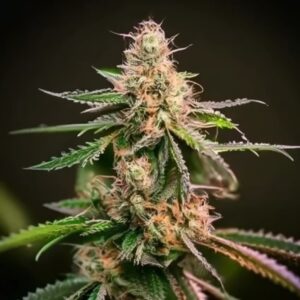


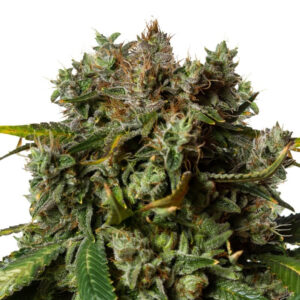

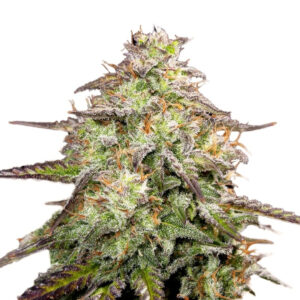
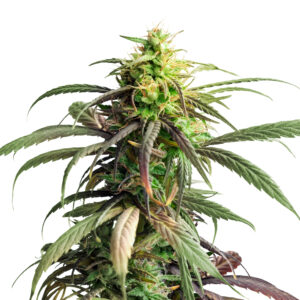






Related Posts
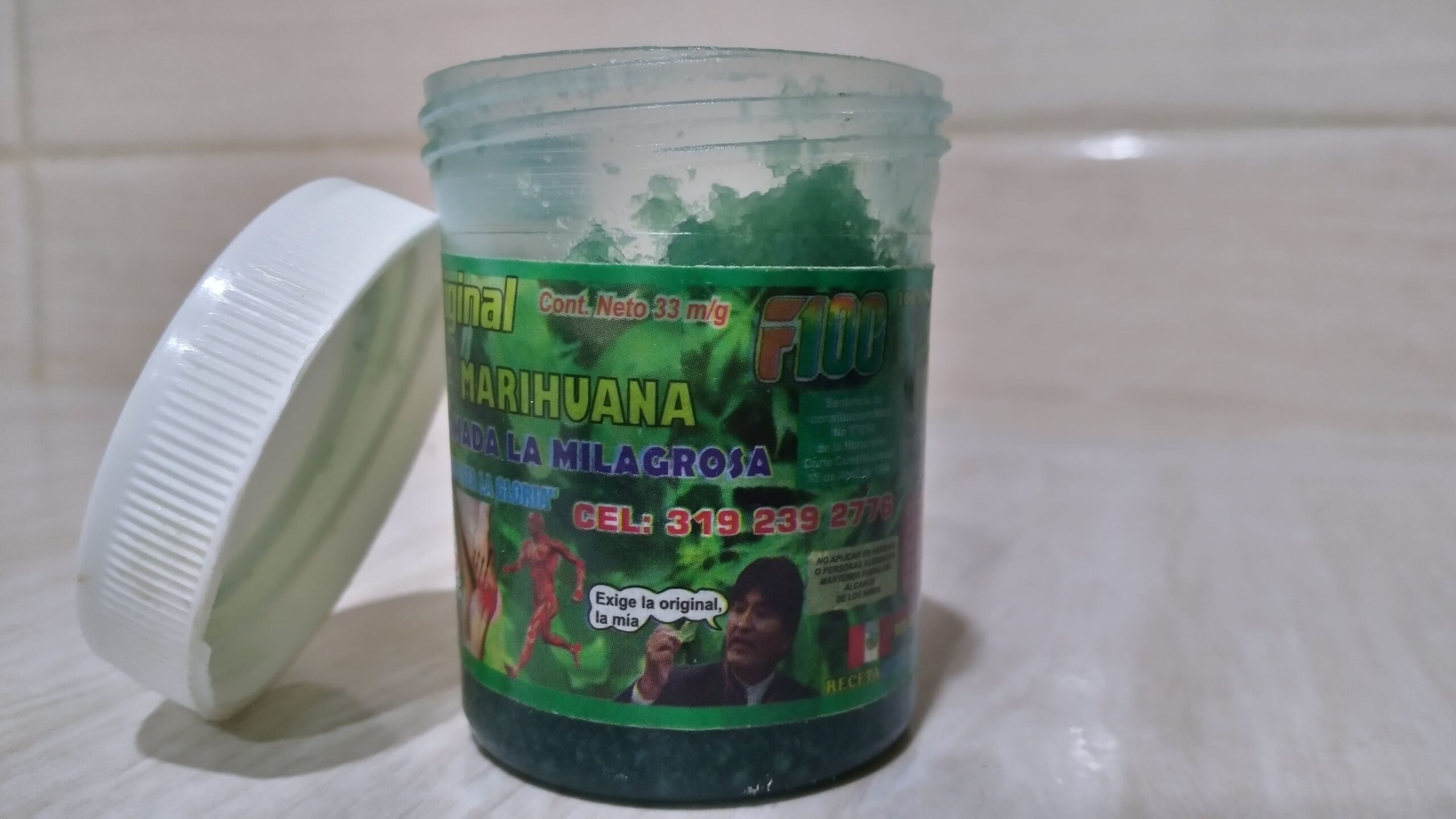
Uncover the historical and cultural significance of marijuana creams and salves, their journey from ancient medicine to modern therapeutic use, and the challenges and opportunities in the evolving legal landscape. Learn about their efficacy, varieties, and impact on the global market.
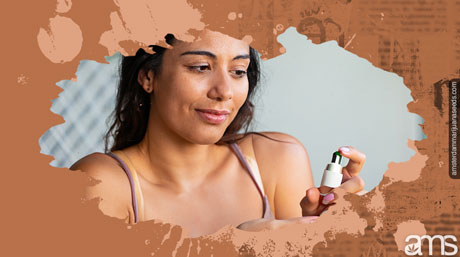
The global fascination with cannabis is soaring, with people seeking its benefits in various domains. CBD, the non-psychoactive component of cannabis, has found its way into skincare, haircare, cosmetics, and wellness products.
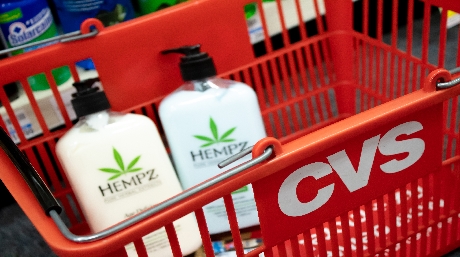
Although there s a plethora of real benefits to using cannabis cream on your achy muscles or small cuts, be sure to stay clear of those that are promising a new head of hair if you apply their marijuana miracle grow cream on your shiny bald head.